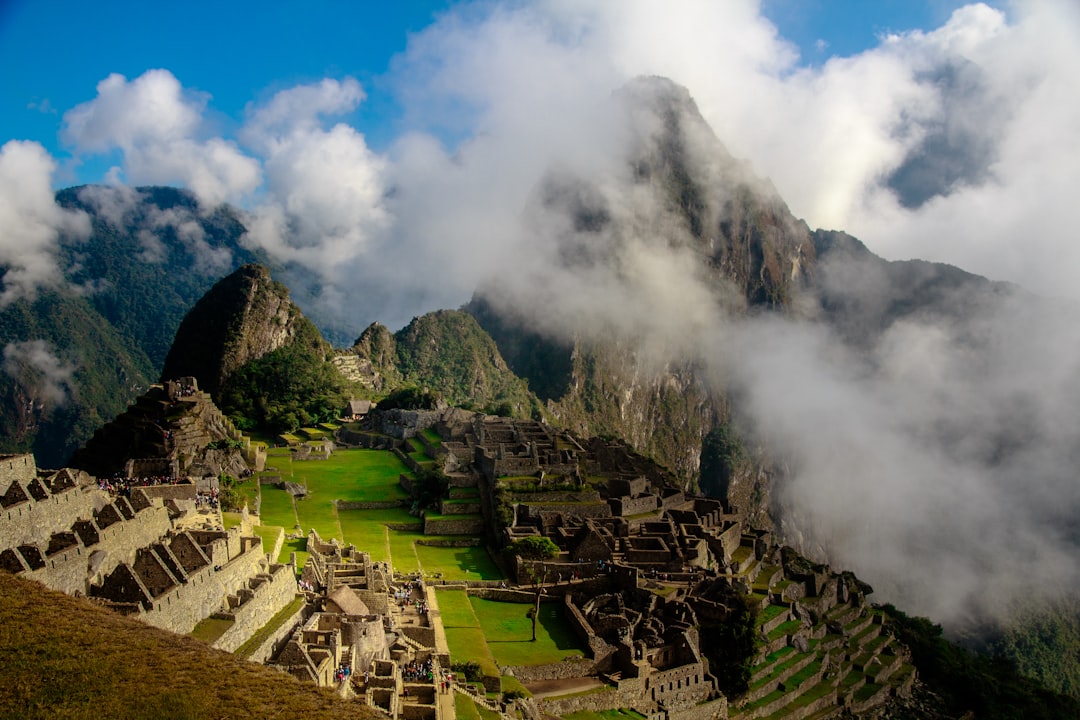[Disclaimer] This article is reconstructed based on information from external sources. Please verify the original source before referring to this content.
Neeews Summary
The following content was published online. A translated summary is presented below. See the source for details.
The death of Mario Vargas Llosa marks the end of an era for Latin American literature. As a Nobel laureate and a towering intellectual figure, Vargas Llosa’s impact on the literary landscape is undeniable. His extensive body of work, which explored the complexities of politics, history, and the human condition, has cemented his legacy as one of the most influential writers of the 20th century. While his passing is a significant loss for the literary world, Vargas Llosa’s works will continue to be studied and celebrated, inspiring future generations of writers and readers alike.
Source: Wikinews-es
Our Commentary
Background and Context
Mario Vargas Llosa was a prominent figure in the Latin American literary boom of the 1960s and 1970s, a period that saw the rise of several acclaimed Latin American authors. Born in Arequipa, Peru, in 1936, Vargas Llosa was widely regarded as one of the most influential and celebrated writers of the 20th century. His extensive body of work, which includes novels, essays, and plays, explored themes of politics, history, and the human condition, earning him critical acclaim and numerous prestigious awards, including the Nobel Prize in Literature in 2010.
Expert Analysis
Literary scholars and critics have praised Vargas Llosa’s ability to seamlessly blend fiction and reality, creating complex narratives that delve into the complexities of the human experience. “He was a master of storytelling, a writer who could transport readers to different times and places, while also grappling with the pressing issues of his era,” said renowned literary critic and professor, Dr. Gabriela Alemán. “Vargas Llosa’s works will continue to be studied and discussed for generations to come, as they offer a profound and nuanced understanding of Latin American history and identity.”
Additional Data and Fact Reinforcement
Vargas Llosa’s literary achievements include acclaimed novels such as “The Time of the Hero,” “Conversation in the Cathedral,” and “The Feast of the Goat.” Beyond his writing, he was also a controversial political figure, having run unsuccessfully for the Peruvian presidency in 1990 and, in recent years, supporting center-right governments in Latin America, which drew criticism from leftist sectors.
Related News
The news of Vargas Llosa’s passing has been met with an outpouring of tributes and condolences from world leaders, fellow authors, and cultural figures. Peruvian President Dina Boluarte declared a national mourning period, recognizing Vargas Llosa’s immense contribution to Peruvian and global culture. Additionally, the announcement of his death has sparked renewed interest in his literary legacy, with many publishers and bookstores reporting a surge in sales of his works.
Summary
The death of Mario Vargas Llosa, a Nobel laureate and a towering intellectual figure in Latin American literature, marks the end of an era. His extensive body of work, which explored the complexities of politics, history, and the human condition, has cemented his legacy as one of the most influential writers of the 20th century. While his passing is a significant loss for the literary world, Vargas Llosa’s works will continue to be studied and celebrated, inspiring future generations of writers and readers alike. The outpouring of tributes and the renewed interest in his literary legacy underscores the lasting impact of this literary giant on Latin American and global culture.


